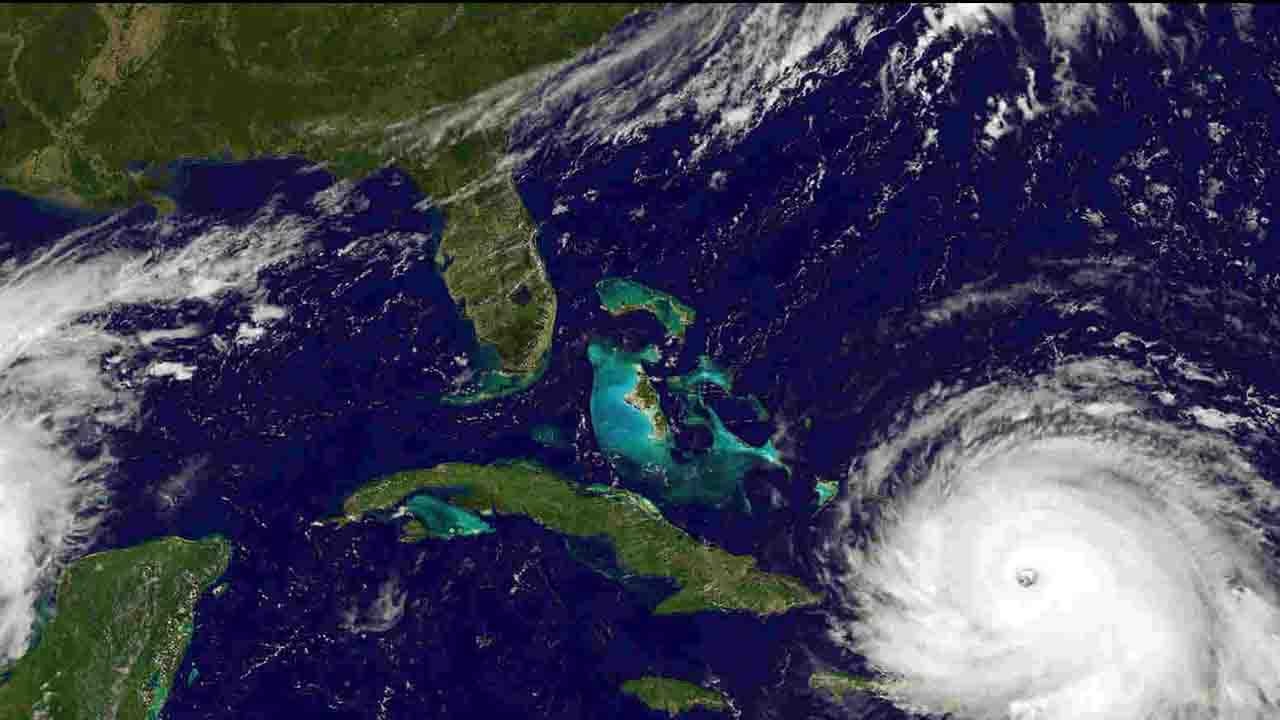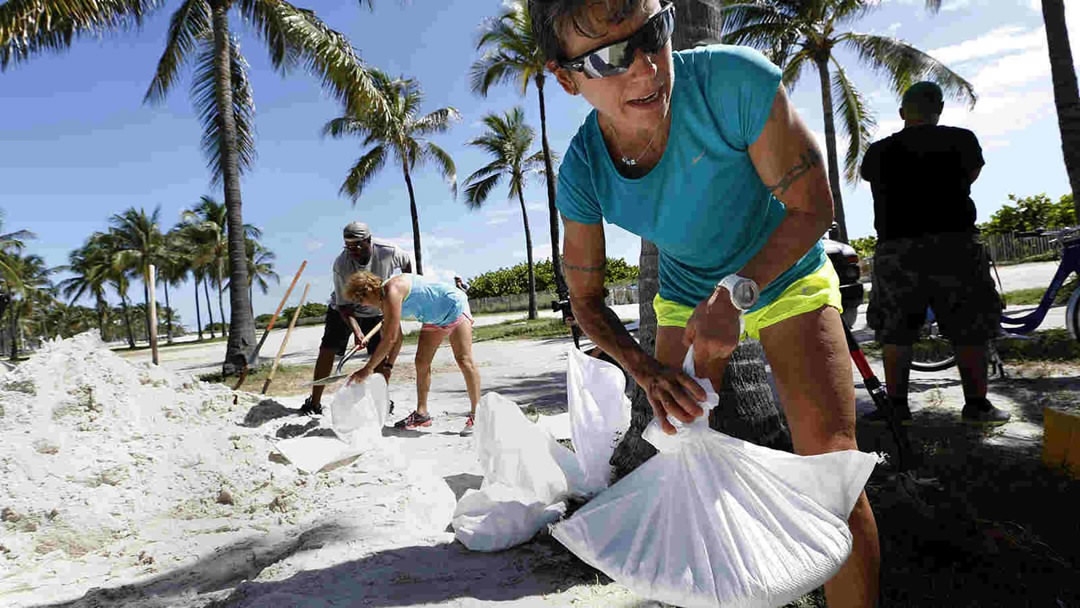
Business
23:04, 08-Sep-2017
Hurricane Irma's insured damage could be the largest in US history
By CGTN's Liang Rui

Hurricane Irma could hit the US insurers in a big way with the estimated damages going past the record 15 billion US dollars held by Hurricane Katrina in 2005, according to a report.
The Barkley's report, released earlier this week, predicts that Hurricane Irma's insured damage in Florida could be the largest in US history. The damage is also expected to top the property damages by Hurricane Harvey, estimated in a range of 10 to 30 billion US dollars.
Hilary Kramer, chief investment officer with A&G Capital, said that Irma would be catastrophic for insurance companies, especially for those covering properties and lives.
Florida, in southeastern US, is the country’s largest flood-prone state, but standard home owners and renters’ insurance policies do not cover damages from flooding. The high risks act as deterrence for the insurers to sell such policies.

People are making sandbags to prepare for Irma in US coastal city Miami. /VCG Photo
People are making sandbags to prepare for Irma in US coastal city Miami. /VCG Photo
In such a situation, residents are compelled to purchase a separate policy from a government-run National Flood Insurance Program. The program currently owes 24.6 billion US dollars to the US Treasury and will expire by the end of this September.
Americans, however, also buy private insurance coverage. And the insurers in turn buy reinsurances to hedge the risk. So eventually, the ultimate burden falls on reinsurance carriers, which according to analysts will be the ones most severely hit by Irma.
“The reinsurers are the last stand, and they have gone way out and beyond any expected damage that they could be hit with,” Kramer said.
In recent times, hurricanes have also struck the travel industry. Distressed US airlines are slashing prices, rescheduling or cancelling flights to get past the tough phase. This means that those traveling without an insurance will also take personal hit.
Moreover, Irma’s path is still full of uncertainty, that makes it harder to prevent or forecast losses.

SITEMAP
Copyright © 2018 CGTN. Beijing ICP prepared NO.16065310-3
Copyright © 2018 CGTN. Beijing ICP prepared NO.16065310-3